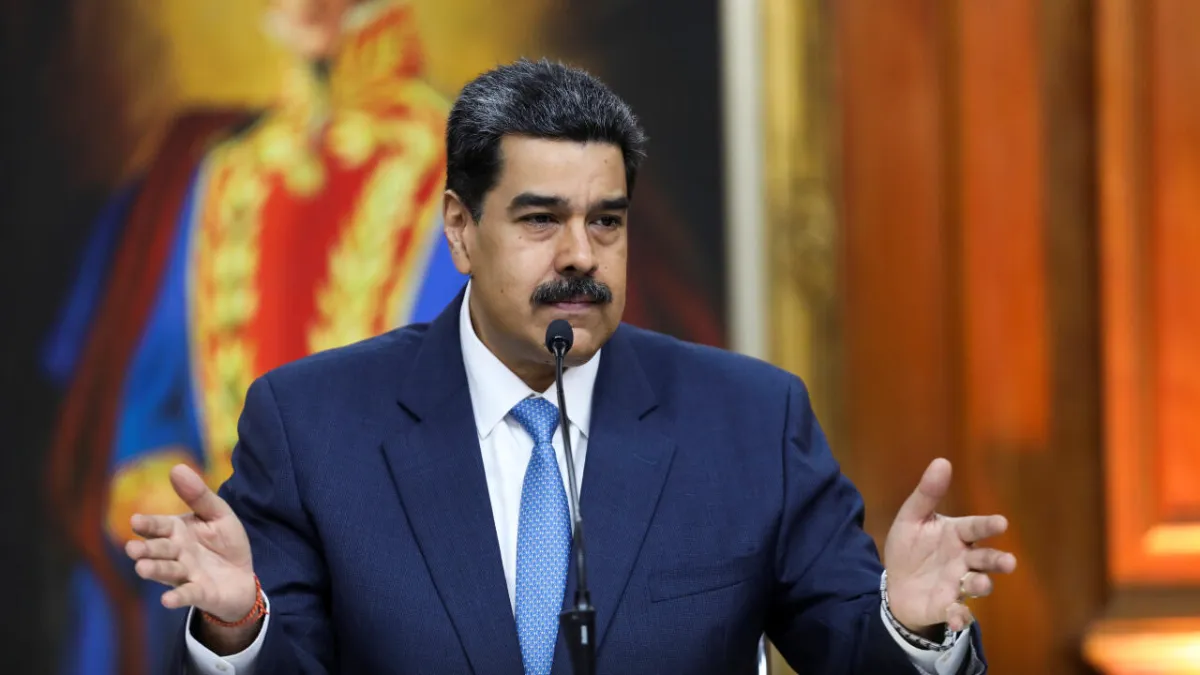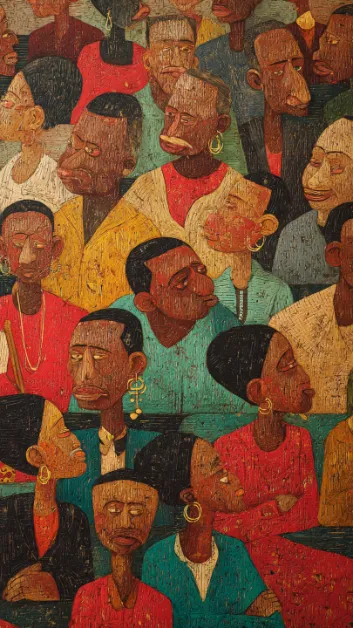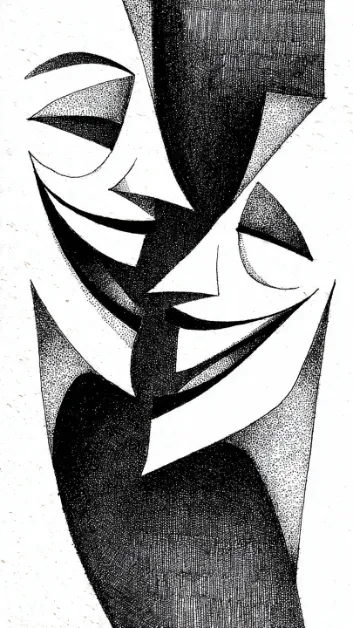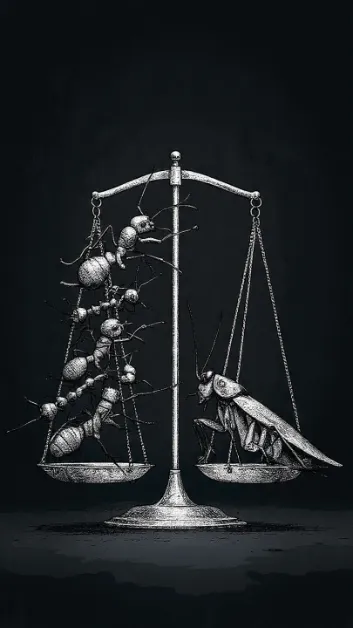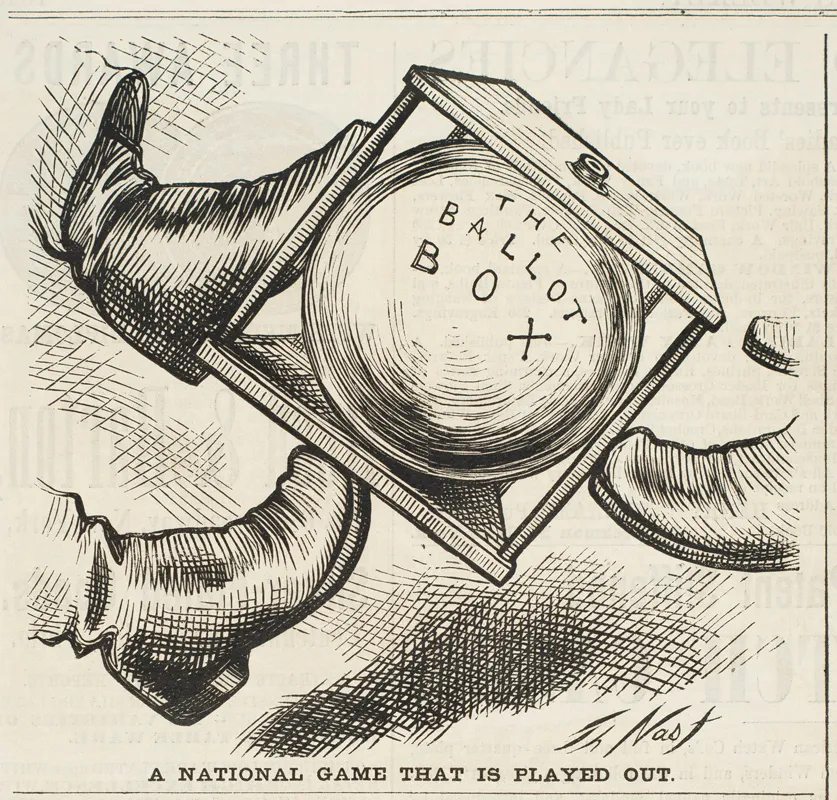
Besigye Would Have won the Most Accolades if Political Struggles Were Olympics
Dr Kizza Besigye: A Life of Defiance and Resilience in Uganda's Turbulent Politics
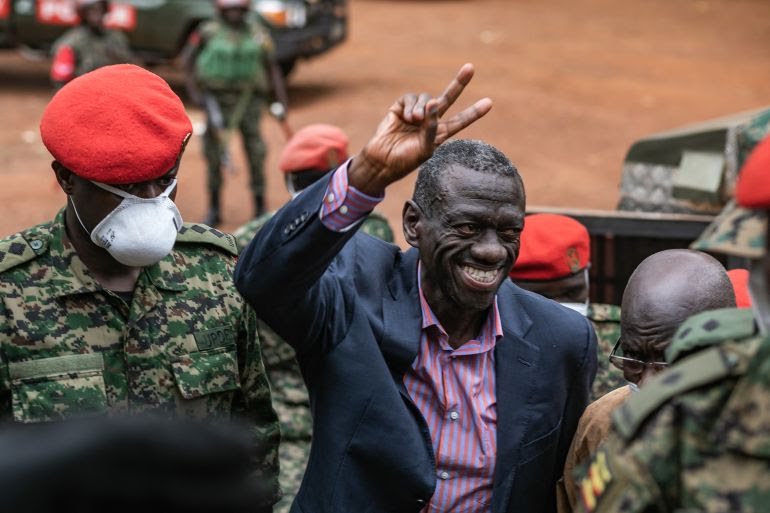
22 Nov, 2024
Share
Save
From the very time he penned a scathing dossier in 1999 against the Museveni government, the political waters of Uganda have never been a smooth sail for Kizza Besigye.
A few days ago Besigye's wife, Winnie Byanyima, took to social media accusing the government of orchestrating her husband’s “kidnapping” from Kenya. Byanyima labelled the arrest as a violation of international law and called for her husband’s immediate release. “This is nothing short of state-sanctioned abduction,” she reckoned. It is against the background of this recent event that I reflect retrospectively on some of the most criticized brutality on Besigye that has been condemned both domestically and internationally.
This write-up might not be a comprehensive analysis of all of Besigye’s arrests, but its sole purpose is to highlight the most significant ones. As we all know, the Guinness Book of World Records once described him as the most arrested person, though the website distanced itself from these bold claims. Nonetheless, such claims though deceitful throw light on the significance of his political resilience in fighting for change. His appetite is not something new as we take a memory lane down the years :
ALAS THE COLONEL’S WOES BEGIN (2001)
Back in 2001, after his self-imposed exile in South Africa, Besigye returned to Uganda and was held captive by the police. His departure from the country was prompted by the election of that year, which was characterized by irregularities. Proscovia Salaamu Musumba, former MP and member of FDC says for the 2001 race, Besigye was in the “political laboratory.” “He was testing the system they had built along the way and he realized it had been hijacked.” She adds. His arrest then prompted angry mobs who pelted stones on realizing Besigye had been seized by the authorities, promoting a stern confrontation that involved tear gas and bullets. The police, however, confirmed his apprehension but declined to state what he had been charged with.
It was Kale Khayihura, the then inspector general of police who claimed he had links with two rebel groups, the People’s Redemption Army (PRA) and the Lord’s Resistance Army (LRA). “He has been arrested, and he is linked with PRA and LRA,” said the head of police. This marked the beginning of his long battle with the Uganda police and the military court.
THE RISE OF BLACK MAMBA (2005)
On 14 Nov, Besigye and 21 others were arrested to be charged with planning to commit treason and as well rape in 1997. This initiated violent demonstrations around Kampala that saw the death of two people. The high court granted the accused bail, but their sureties refused to sign the bail papers after heavily armed men surrounded the courthouse, ready to re-arrest the suspects. The Ugandan army later explained that the armed men, who were dressed in black T-shirts, had been deployed to re-arrest the suspects to answer charges in the military court. Regarding these unbecoming events, Human Rights Watch released a statement: “The government has arrested the main presidential opponent, used commandos to intimidate the judiciary and banned all public protests, radio discussions and even posters on the subject.”
“Opposition supporters in Uganda have a right to peacefully protest any aspect of the judicial proceedings,” Rone added. “They also have the right to demonstrate in support of their presidential candidate’s freedom.” Said Jerome Rone.
THE BLACK MAMBA STRIKES AGAIN (2007)
On March 1st court ordered the release of the co-defendants on bail who moved to the criminal registrar’s office on the upper floor of the high court building. All of a sudden, an estimated number of around 30 prison officers and 25 unidentified armed men believed to be from the army stormed the registrar’s office in a commando-themed style. They attempted to apprehend the accused but were deterred from doing so by their lawyers, relatives, and sympathizers. The standoff continued until that evening, when the relatives of the accused and the security men agreed to leave the premises for the men to be released.
But at around 7:28 pm, the accused were apprehended, beaten and loaded into the police car as they attempted to leave the court building with their lawyers. Human Rights Watch said the March 1 events were a grim reminder of the November 2005 siege on the High Court by the army’s “Black Mamba” anti-terrorism unit that prevented the release on bail of these same men. At that time, Besigye was the leading opposition candidate running against President Yoweri Museveni in the February 2006 election. The raiding of the High Court was a blatant attack on the independence of the judiciary as enshrined under article 128 In a scathing poem that detailed the grim events of that day The principal judge James Ogoola wrote: Stating that the sanctity of the judiciary has been lost for the black mamba defiled it. In conclusion, the rape charge was branded as “amateurish” but the treason charges were maintained until 2010.
WALK TO WORK ENTERS THE STREETS (2011)
In the months leading to the 2011 polls, Besigye called for demonstrations in case of election fraud. After failing the elections to President Museveni, he continued his agitation and defiance against the election result. This prompted him to start the walk-to-work campaign. This was a movement against the rising price of commodities. Pressure group activists organized the protest for change, which included FDC’s Kizza Besigye. The protest called for workers to rise against the ever-rising cost of fuel, transport, and inflation, among others.
It was easy to see why the protest occurred because, by the time the government was planning to buy eight fighter jets at $780M when the citizens were hungry. Following this, Besigye was arrested for the fourth time on Thursday, following his release on bail on the condition that he doesn’t stage another protest. He was offered three options: to return to his house or be driven to work in a police vehicle or send for his car and drive to work. He chose none of the above. This prompted the police to shoot him in his arm as the police dispersed the crowds with tear gas. On April 28th, security smashed the windows of his car and pepper sprayed him before being thrown into a police pickup truck.
For what is worth, I sometimes ask myself why is Dr. Kizza Besigye not yet the president of Uganda. When you critically examine his political ascendency, you will realize he has put in every last drop of his blood, sweat, and tears and stood before the worst storm a dictatorial regime can conjure, yet history has not been kind enough to hand him the regalia of power. Besigye is best described by the words of Theodore Roosevelt:
It Is not the critic who counts; not the man who points out how the strong man stumbles, or where the doer of deeds could have done them better. The credit belongs to the man who is actually in the arena, whose face is marred by dust and sweat and blood; who strives valiantly, who errs, who comes short again and again, because there is no effort without error and shortcoming; but who does actually strive to do the deeds; who knows great enthusiasms, the great devotions; who spends himself in a worthy cause; who at the best knows, in the end, the triumph of high achievement, and who at the worst, if he fails, at least fails while daring greatly, so that his place shall never be with those cold and timid souls who neither know victory nor defeat.
Given the above analysis, one can thereby easily conclude that if political struggles were the Olympics, Besigye would have won the most accolades.

